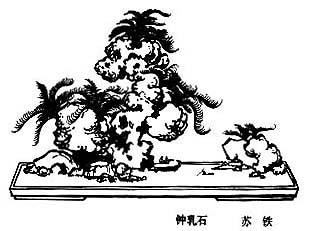Shi Jing 
 – Le Canon des Poèmes
– Le Canon des Poèmes
Le plus ancien recueil connu de poésie chinoise, plus de trois cents chansons, odes et hymnes. Tr. Legge (en) et Granet (fr, incomplète).
Shijing I. 11. (126)
He has many carriages, giving forth their Lin-Lin ;
He has horses with their white foreheads.
Before we can see our prince,
We must get the services of eunuch.
On the hill-sides are varnish trees ;
In the low wet grounds are chestnuts.
When we have seen our prince,
We sit together with him, and they play on their lutes.
If now we do not take our joy,
The time will pass till we are octogenarians.
On the hill-sides are mulberry trees ;
In the low wet grounds are willows.
When we have seen our prince,
We sit together with him, and they play on their organs.
If now we do not take our joy,
The time will pass till we are no more.
Legge 126

Le Canon des Poèmes – Shi Jing I. 11. (126) – Chinois off/on – Français/English
Alias Shijing, Shi Jing, Book of Odes, Book of Songs, Classic of Odes, Classic of
Poetry, Livre des Odes, Canon des Poèmes.
Le Canon des Poèmes, Les Entretiens, La Grande Étude, Le Juste Milieu, Les Trois Caractères, Le Livre des Mutations, De la Voie et la Vertu, 300 poèmes Tang, L'Art de la guerre, Trente-six stratagèmes
Bienvenue, aide, notes, introduction, table.
Index – Contact – Haut de page
